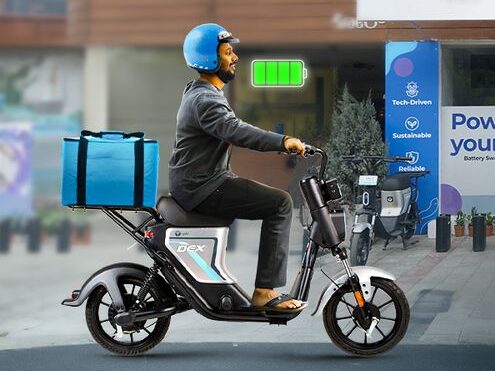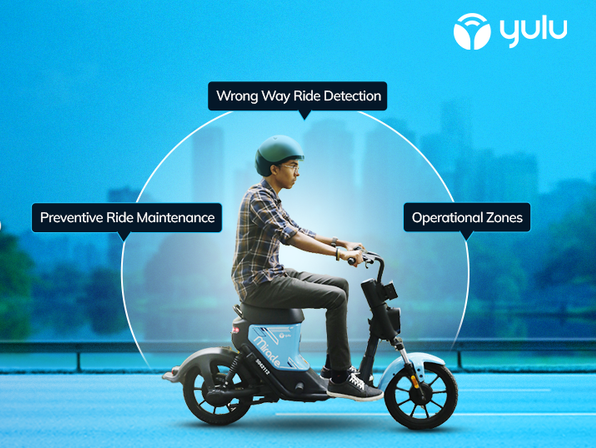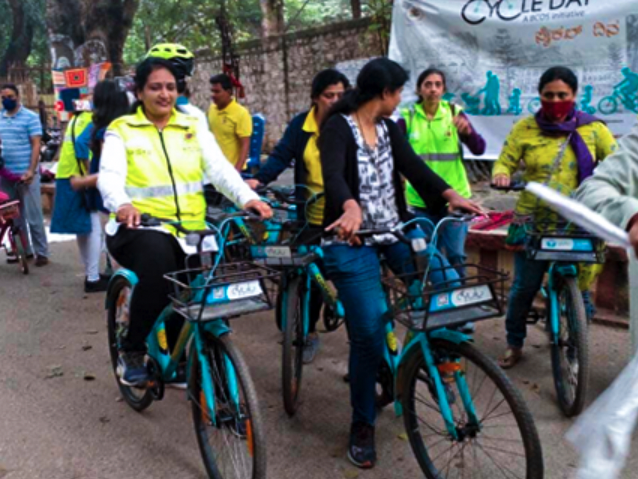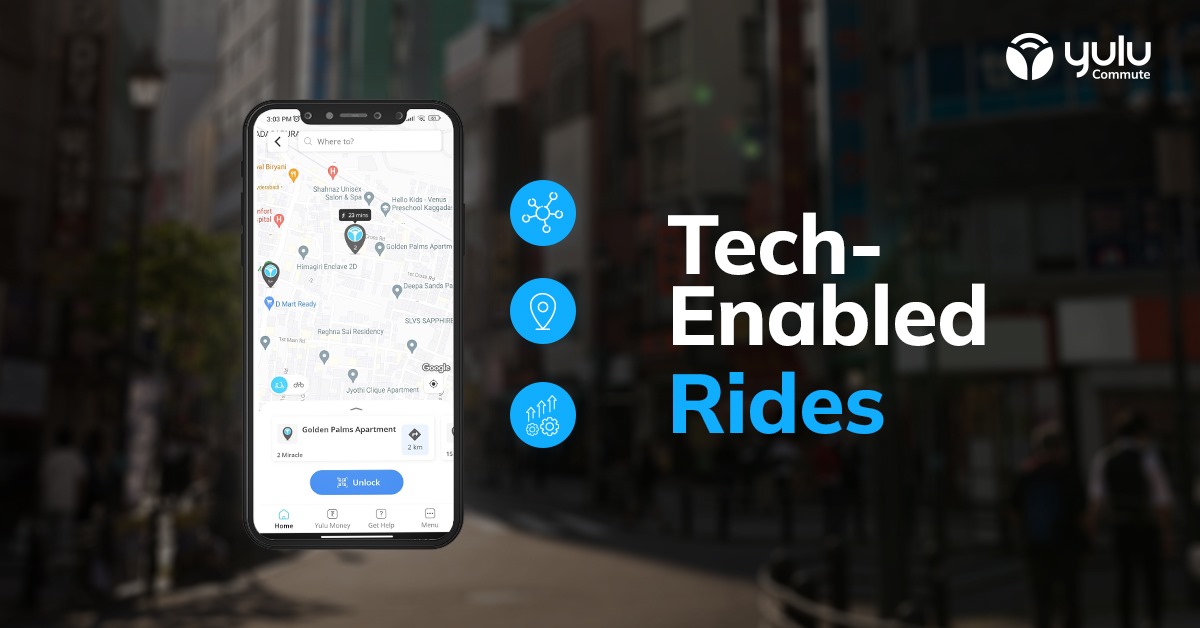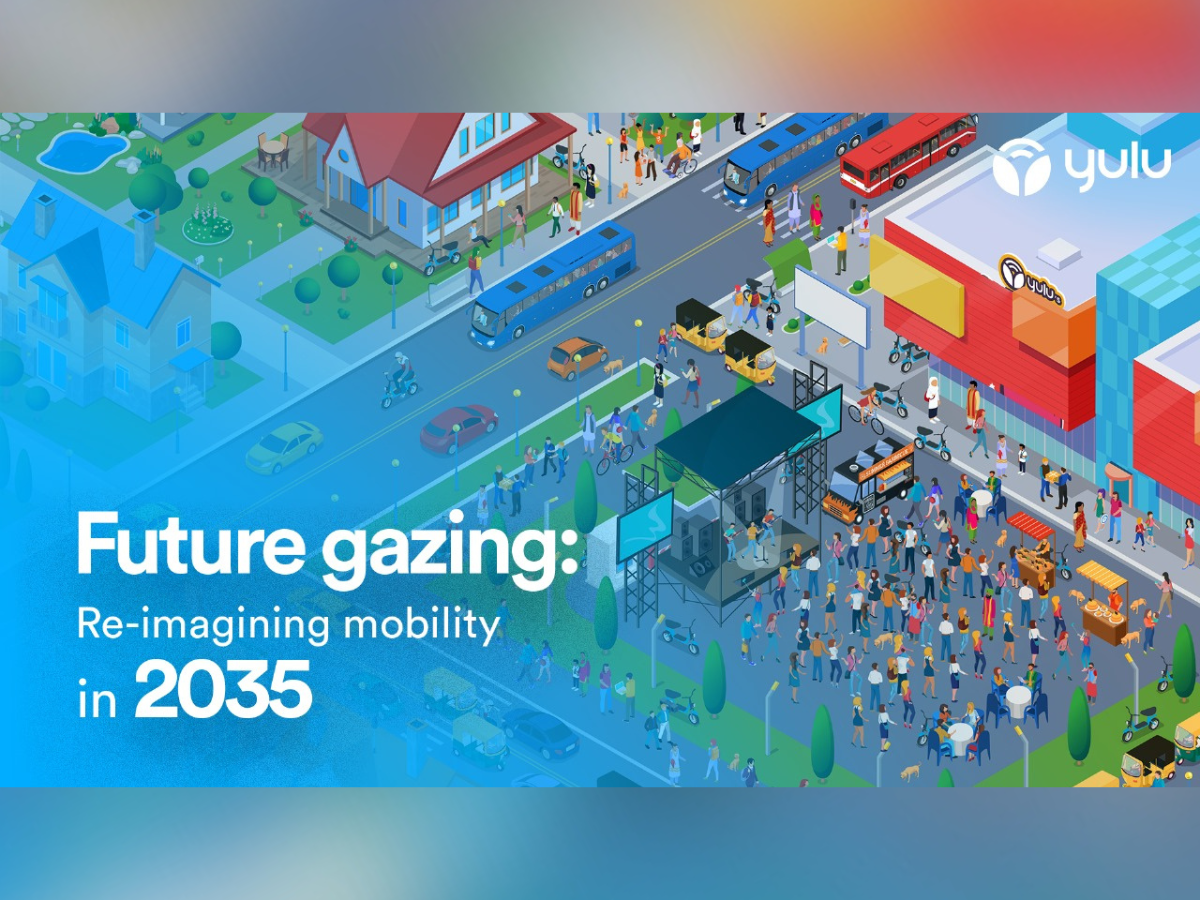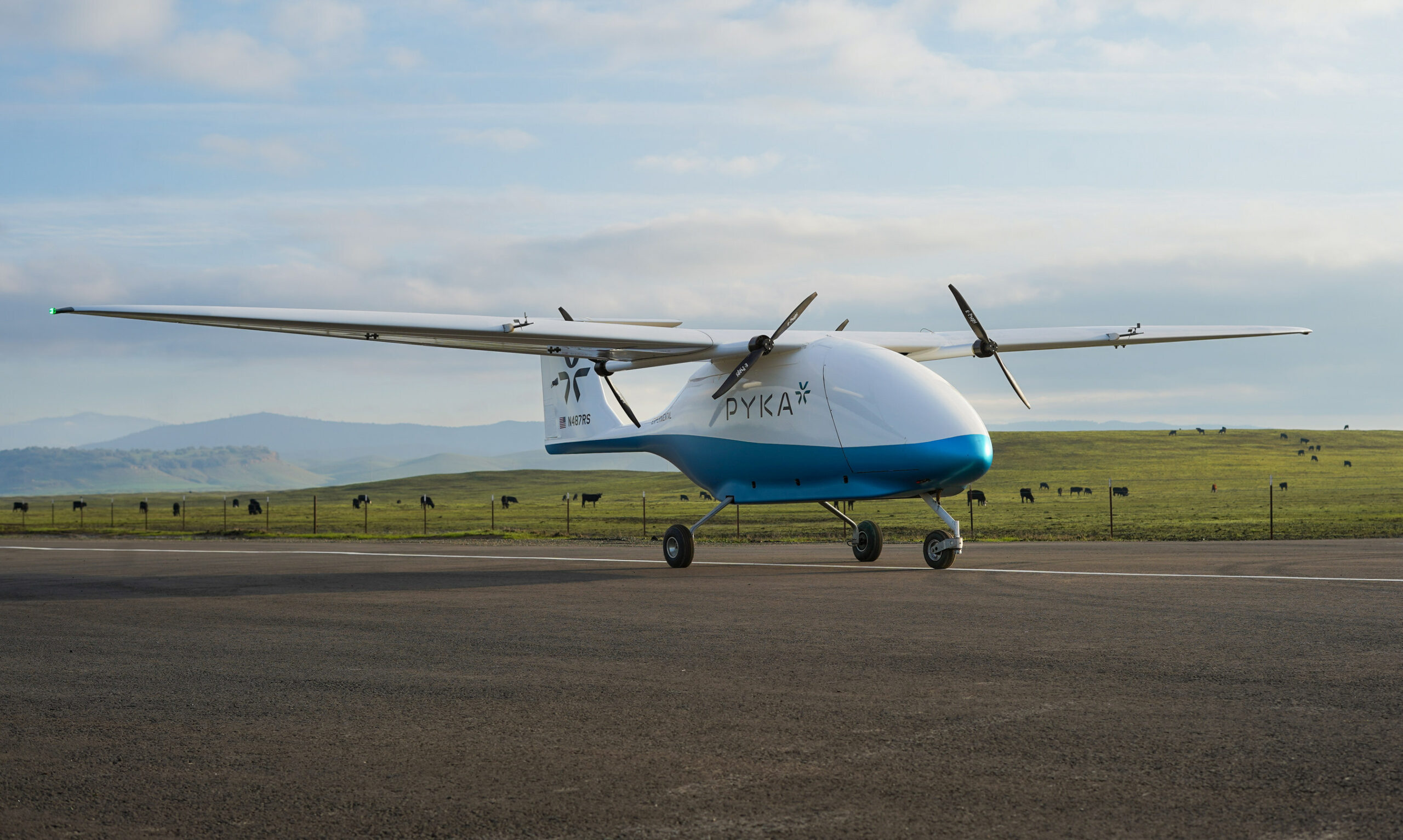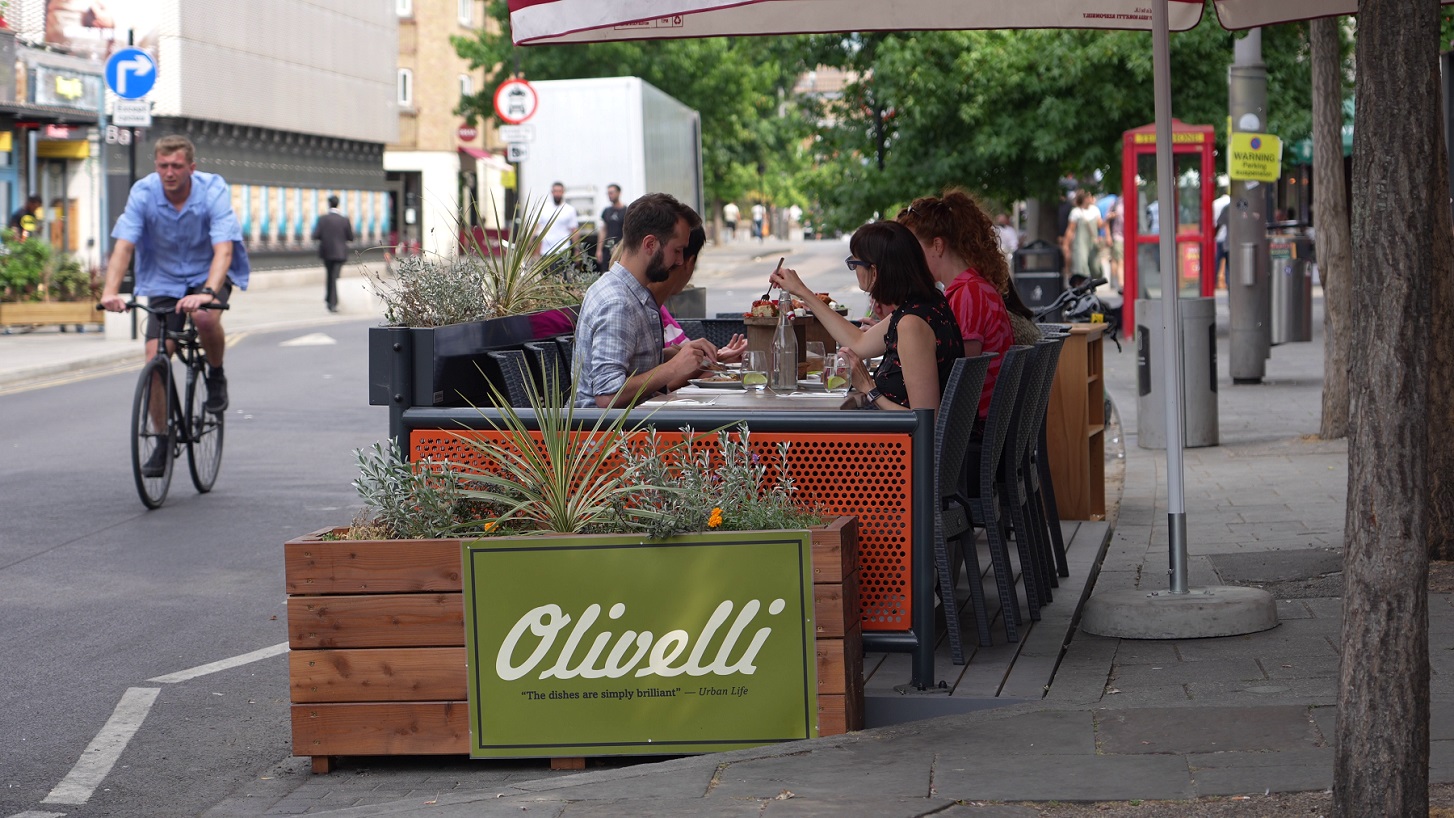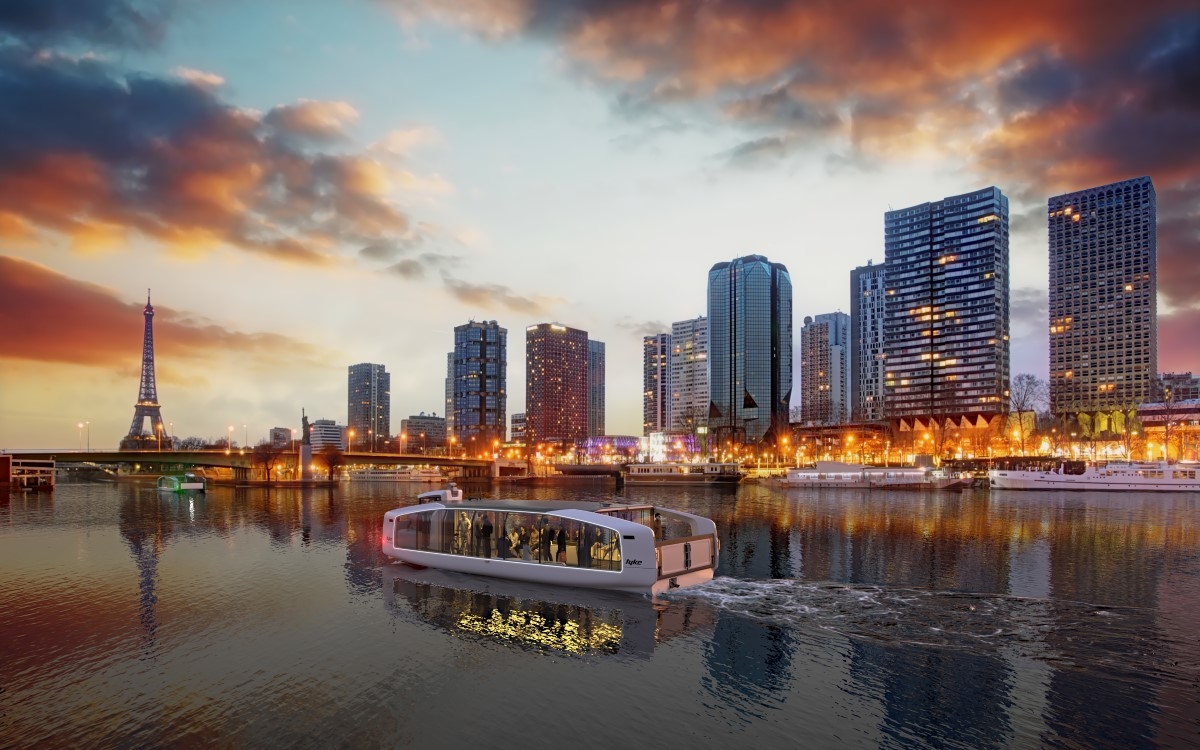Budget 2023: Creating the Right Ecosystem for EVs through New Mobility Solutions
Imagine a mobility network that is connected end-to-end. They are enabled by smart form factor EVs that can be comfortably driven by people of any age and gender and are optimised for shared city use. These new mobility solutions offer a two-fold advantage – Along with giving access to an affordable and sustainable mobility solution to millions of people, they encourage investments in EV infrastructure – which is essential for making EVs mainstream even for owned use-cases.

Mobility-as-a-Service (MaaS) or Shared Mobility has seen exponential growth and significant new use cases in India and around the world. According to Fortune Business Insights, in 2022 alone, the global MaaS industry was estimated to be valued at USD 236.42 billion. Frost & Sullivan, a market analytics firm, projects the Indian shared mobility industry to witness nearly four-fold growth in revenues, from $11.05 billion in 2021 to $42.85 billion by 2027. In this environment, policymakers must look at mobility holistically while devising policies for the future.
The budget plays a crucial role in setting the mandate for policymakers & industries. The focus on creating the right ecosystem for accelerated adoption of EVs by the Indian masses was reflected in the 2022 Union Budget, through the announcement of a dedicated battery swapping policy – which has been refined over the last 12 months through comprehensive stakeholder inputs. The 2023 Union Budget can take forward the baton of adopting new mobility solutions, like Shared EVs, for intra-city commutes and short-mile delivery.
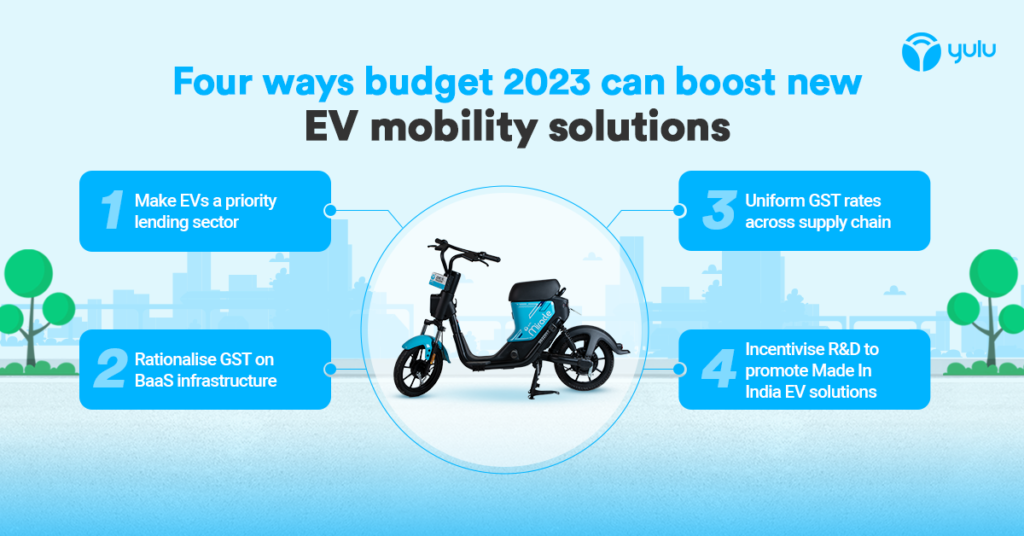
Four Ways the Government Can Boost New EV Mobility Solutions in the 2023 Budget Are:
- Making EVs a priority lending sector. To give access to affordable capital for fast-tracking investment into capacity & scale by businesses. This will also increase the innovation appetite of businesses to try out new operating and business models like shared mobility. Not just that, from a consumer standpoint, it allows for easy ownership, driving both – adoption & inclusivity, especially for those who fall in the low-income zone to get onto the EV bandwagon.
- Rationalising GST on the Battery-as-a-Service (BaaS) infrastructure. The government has reduced the GST on batteries from 18% to 5% for batteries that come with EVs. However, BaaS operators need to maintain an extra float (30-50% extra batteries) to manage the demand-supply dynamics of charged batteries in their daily battery-swapping operations. Hence, high GST on additional float batteries, which is an important prerequisite in BaaS businesses, should be rationalised.
- Making GST rates uniform across the whole supply chain. Currently, GST on charging is 18% at EV charging and swapping stations. Bringing GST to 5% at EV charging and battery swapping station transactions will help streamline the costs of new mobility solutions to EV users.
- Incentivise companies to spend on Research & Development (R&D). R&D is an important component in the development of any new sector and technological solution. Yulu’s Shared Mobility and battery-swapping solutions are built on the backbone of a strong technological platform and operations playbook. Hence, as the EV sector is set for rapid growth in the coming years, the right incentivisation & policy focus will help foster new mobility solutions that are built for a global application.
Shared EVs are not only sustainable and reduce traffic congestion, but they also optimise the use of public mobility by everyday commuters. These mobility solutions also fill another gap. They create new livelihood opportunities. In the last two years alone, Yulu Shared EVs have been used by more than 50,000 delivery executives from multiple e-commerce companies to fulfill over 75 million deliveries. This shows the scope and scale of MaaS solutions. As we move towards a technologically advanced future, our mobility needs too are becoming specialised, diversified, and localised. Hence, policymakers should look at mobility as a need-based opportunity while devising policies, which can help in creating higher efficiencies in intra-city mobility.
This article was originally published by Yulu.


